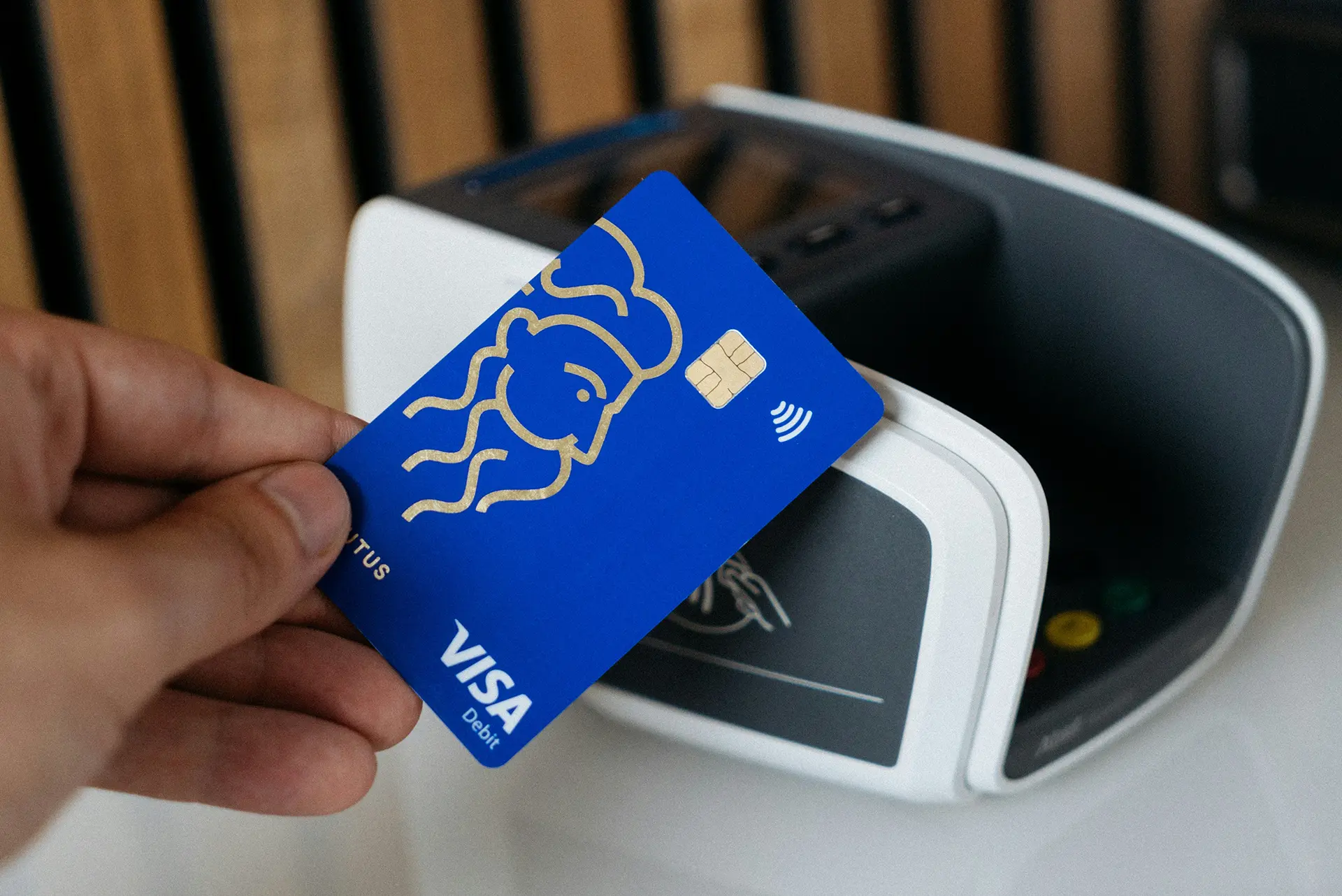Unlocking CRM Potential: Beyond Lead Management
Customer Relationship Management (CRM) tools have become the backbone of operational efficiency for modern businesses. From startups to enterprises, organizations rely on CRM systems not just to store customer data but to streamline communication, enhance client relationships, and improve overall performance. However, despite the growing adoption, many companies continue to limit their CRM usage to basic lead or contact management.

What they often miss is the true strategic value a CRM platform can deliver — when used to its full potential. Beyond storing customer names and emails, a modern CRM can serve as a powerful engine for business intelligence, automation, team collaboration, and long-term growth.
In this article, we’ll explore how a CRM can evolve from a simple contact database into a central command center for sales enablement, customer retention, marketing integration, and data-driven decision-making. If you’re only using your CRM for leads, you're just scratching the surface.
Automate Repetitive Tasks
Manual tasks slow down teams and lead to errors. With the right CRM, you can automate follow-ups, welcome emails, and even data entry. This not only saves time but also ensures consistent communication across every customer touchpoint.
Improve Customer Retention
A CRM is more than a contact list — it’s a repository of behavioral and transactional insights that help you build long-term customer relationships. By leveraging CRM data, you can increase loyalty and reduce churn through timely, personalized experiences.
Here’s how your CRM can help retain customers:
- Track customer behavior: Monitor activity patterns like feature usage, login frequency, and page visits.
- Identify churn signals early: Spot inactivity or unresolved issues before they lead to cancellations.
- Segment based on engagement: Group users by behavior to send tailored messages or offers.
- Automate retention campaigns: Trigger follow-up emails, discount offers, or feedback forms at the right time.
- Centralize support history: Give your team full context so they can respond with speed and empathy.
These actions allow your business to move from reactive service to proactive care — addressing needs before they turn into problems. When customers feel seen, understood, and supported, they’re far more likely to stick around, refer others, and become lifelong brand advocates.
“A CRM is not just a tool for tracking leads — it’s the foundation for building smarter, more human-centered business relationships.”
Enable Smarter Decision Making
One of the most powerful yet often underutilized features of modern CRM platforms is their ability to deliver real-time insights through built-in analytics and reporting tools. These dashboards go far beyond simply displaying sales totals — they empower you to understand your business at a deeper level. From identifying bottlenecks in the sales funnel to tracking customer engagement and evaluating campaign effectiveness, your CRM becomes a central hub for strategic decision-making. With access to clear, actionable data, your team can move away from assumptions and base every decision on measurable trends. This not only improves performance but also builds a more agile, proactive business culture that responds quickly to challenges and opportunities.






